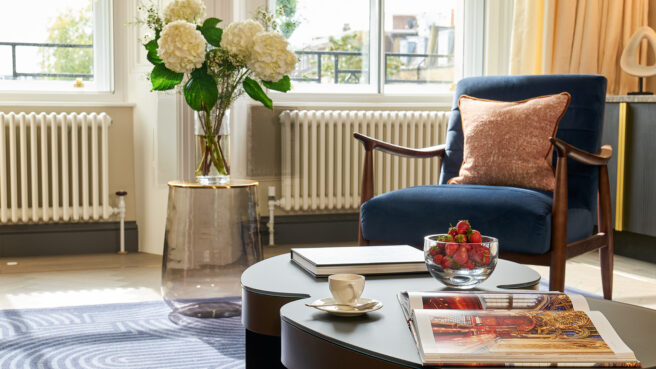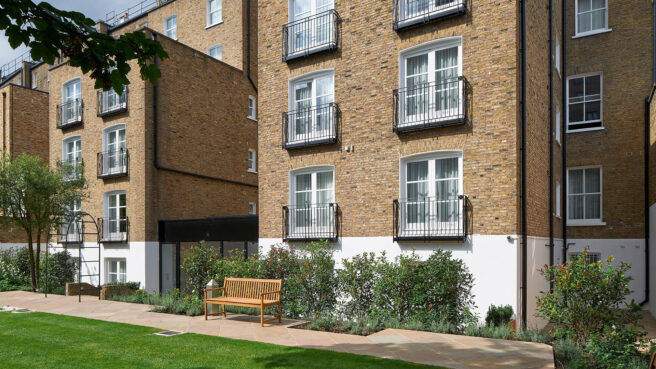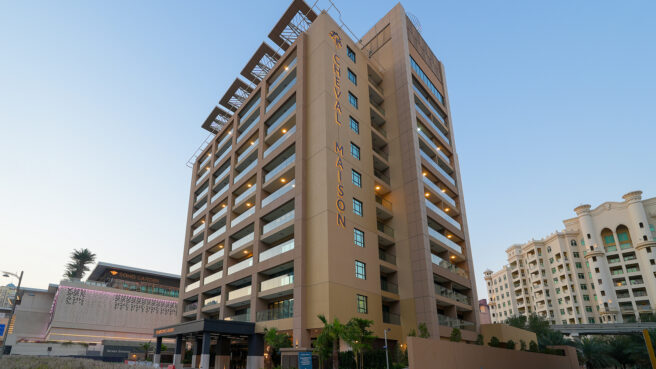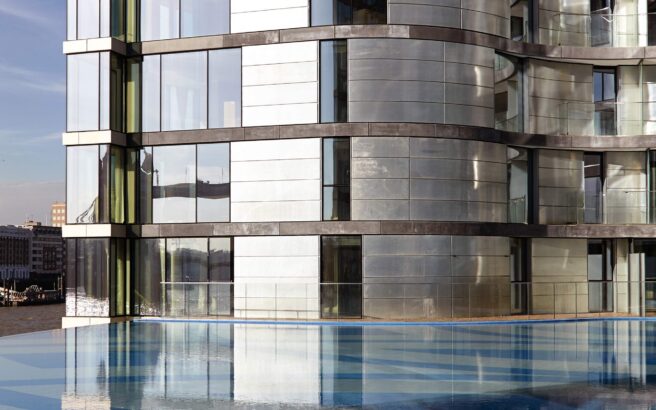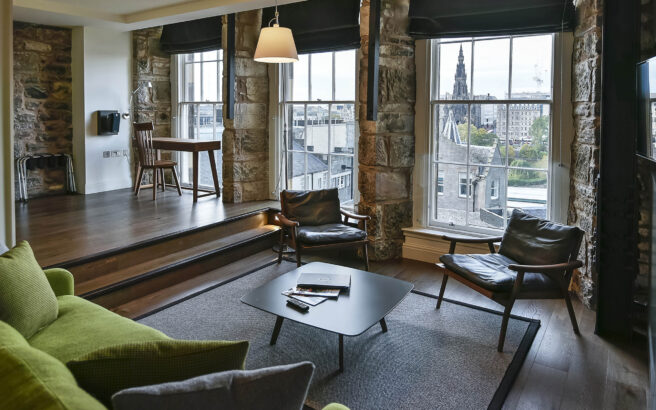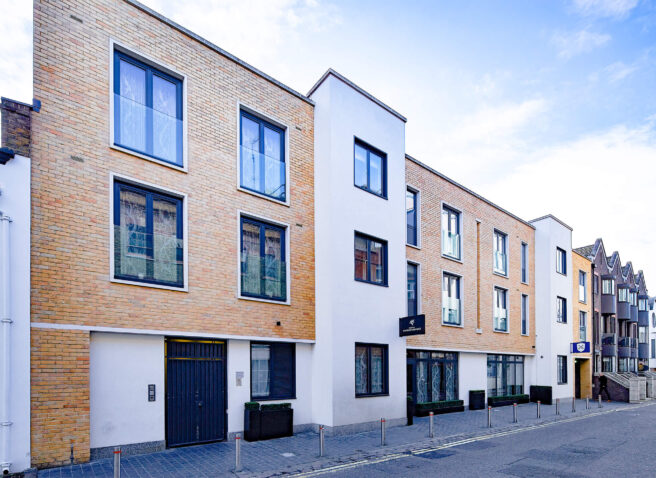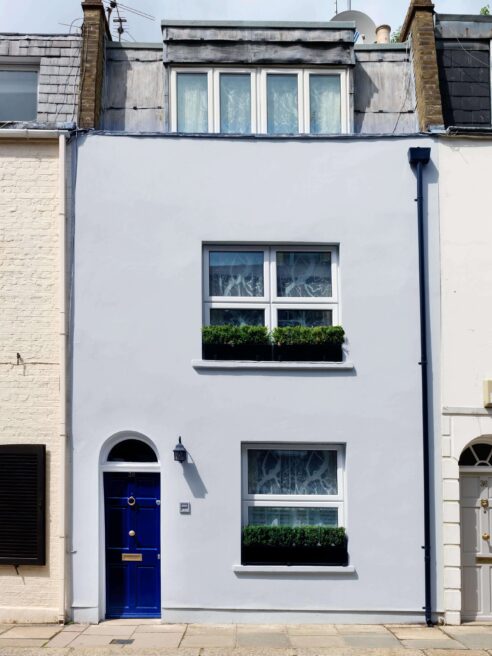- Purpose and Commitment:
Cheval Collection recognizes the importance of environmental responsibility and sustainability in our business operations. This Green Procurement Policy outlines our commitment to making environmentally conscious procurement decisions for our 5-star luxury apartments.
- Policy Scope:
This policy applies to all procurement activities undertaken by Cheval Collection, encompassing goods, services, and materials used in the daily operations of our luxury apartments.
- Principles:
3.1 Environmental Criteria:
Prioritize the selection of products and services that have a lower environmental impact throughout their lifecycle.
Consider factors such as energy efficiency, recyclability, and use of sustainable materials when making procurement decisions.
3.2 Local and Sustainable Sourcing:
Give preference to local suppliers and manufacturers to reduce transportation-related carbon emissions.
Prioritize suppliers with recognized sustainability certifications and practices.
3.3 Energy-Efficient Products:
Choose energy-efficient appliances and equipment as per the Cheval Collection brand standards for use in our luxury apartments to minimize energy consumption,
3.4 Waste Reduction:
Select products with minimal packaging or preferably packaging made from recyclable/Recycled materials.
Prioritize suppliers who implement waste reduction initiatives in their manufacturing processes.
- Implementation:
4.1 Supplier Engagement:
Communicate our commitment to green procurement principles with existing and potential suppliers.
Encourage suppliers to adopt sustainable practices and provide information on our expectations regarding environmentally friendly products.
4.2 Employee Training:
Train employees involved in the procurement process to make informed decisions based on the principles outlined in this policy.
Foster a culture of environmental awareness and responsibility among staff members.
4.3 Regular Review and Improvement:
Regularly review the effectiveness of this policy and adjust as needed.
Seek feedback from employees and stakeholders to identify opportunities for improvement in our green procurement practices.
- Reporting:
5.1 Documentation:
Maintain documentation of all procurement decisions, emphasizing the environmental criteria considered during the selection process.
Keep records of the performance and sustainability certifications of suppliers.
5.2 Annual Sustainability Report:
Include a section on green procurement in our annual sustainability report, highlighting achievements and areas for improvement.
- Compliance:
6.1 Monitoring:
Implement a monitoring system to ensure compliance with this Green Procurement Policy, implement a supplier green assessment form for supplier selection.
Conduct periodic audits to assess adherence to environmental criteria in procurement decisions.
6.2 Consequences of Non-Compliance:
Establish consequences for non-compliance with this policy, including corrective actions and potential termination of contracts with suppliers who consistently fail to meet sustainability standards.
- Communication:
Effectively communicate our commitment to green procurement to employees, suppliers, and guests through various channels, including our website, newsletters, and in-house communications.
- Review and Update:
Review and update this Green Procurement Policy as needed to ensure its continued relevance and effectiveness in meeting our sustainability goals.
This Green Procurement Policy reflects our dedication to sustainability, environmental responsibility, and the overall well-being of our community and the planet. All employees and stakeholders are expected to support and adhere to this policy.
 Make a Reservation
Make a Reservation 


